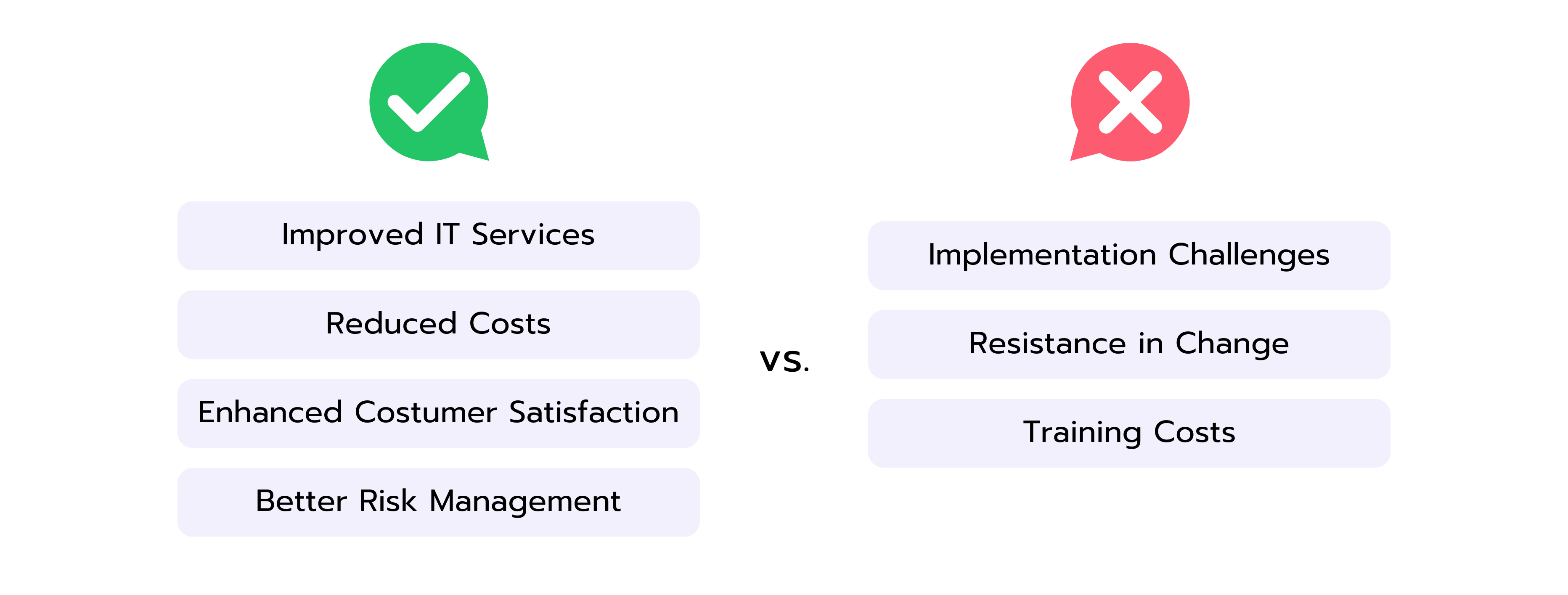The Information Technology Infrastructure Library (ITIL) is a globally recognized set of best practices designed to support the delivery of high-quality information technology (IT) services. Developed during the 1980s by the United Kingdom's Central Computer and Telecommunications Agency (CCTA), ITIL was born out of the recognition that organizations increasingly relied on IT, yet there was a lack of established practices to maximize IT's effectiveness.
The CCTA, tasked with developing methods for more efficient and cost-effective use of IT resources, initially launched ITIL as a series of books, each one covering a specific practice within IT service management. Over time, the library expanded and was updated to keep pace with the fast-evolving world of IT, eventually becoming a comprehensive framework that outlines a set of detailed, interlinked processes for managing all aspects of IT infrastructure, development, and operations.
The first version of ITIL, known as ITIL V1, was published in the late 1980s and early 1990s. It was followed by ITIL V2 in 2000, which brought a more process-oriented approach. In 2007, ITIL V3 introduced the service lifecycle concept. The most recent version, ITIL 4, released in 2019, expanded to include practices that align with modern digital businesses, including Agile, DevOps, and Lean.
Today, ITIL is owned by AXELOS. It continues to provide a robust and adaptable framework for managing IT services, enabling organizations to navigate the complexities of the digital age worldwide. Its enduring success attests to its effectiveness in enhancing IT service management across various industries worldwide.
Synonyms: While ITIL is the most recognized term for this framework, it is also occasionally referred to as "IT Service Management" or "ITSM."
